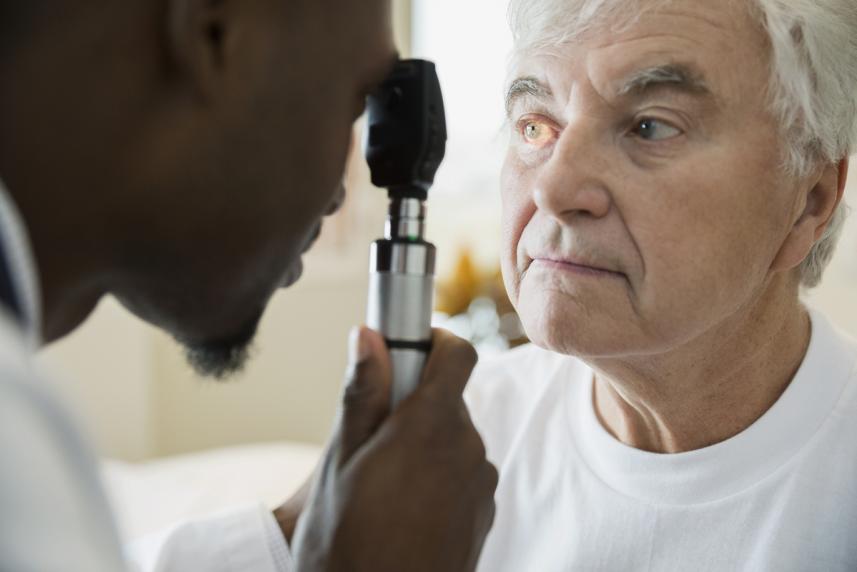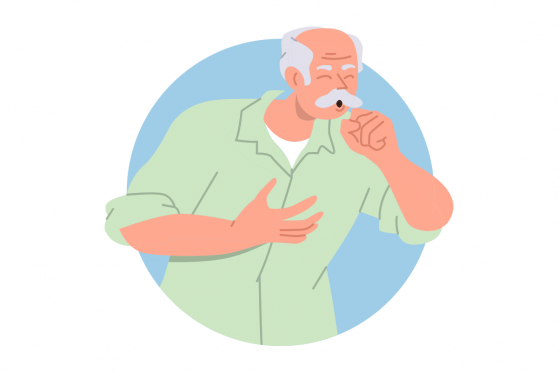The Right Eye Exam at the Right Time
For people with diabetes, a vision test isn’t enough to protect eye health. Here’s the extra test people with diabetes should get at least once a year, and why

People with diabetes need to see an eye doctor every year, or maybe more often, depending on their doctor’s advice. That’s because, over time, diabetes can damage the tiny blood vessels in your retina, which is the part of the eye that sends signals to your brain so you can see. It can also harm the nerves that serve as the “cables” in this ultra-important upload of info. If left untreated, eye damage from diabetes can lead to blindness.
Getting a yearly eye exam is one of the easiest ways to protect your peepers. But you need to be certain that yours covers all the bases that are most important for people with high blood sugar.
The Right Kind of Eye Exam
People with diabetes need to do more than read an eye chart: They need a comprehensive (complete) eye exam. One of the most important eye checks for people with diabetes is the dilated eye exam. This allows the eye doctor to look at the retina, which is hard to see without first dilating (widening) the pupil of the eye using special eye drops.
During this type of exam, the eye doctor will use a special magnifying glass to look at the blood vessels, nerves and other parts of the eye. They may also use a slit lamp to look at the cornea, which is on the surface of the eye.
The Right Kind of Eye Doctor
An optometrist or ophthalmologist are the types of eye experts who can do all of the testing needed to check for any eye damage due to diabetes. An optometrist is a primary eye-care provider who can do screenings for, and help manage, diabetes-related eye diseases.
An ophthalmologist is a medical doctor who has extra training in treating eye diseases, among other eye-related conditions. If your optometrist suspects a diabetes-related eye problem, they will refer you to an ophthalmologist.
Some ophthalmologists have special training in treating diabetic eye disease. They may be called retinal specialists or diabetic eye disease specialists. Ask your diabetes doctor if you’d like to be referred to one of these health care pros.
The Right Timing
The American Diabetes Association says that people with diabetes should get a dilated eye exam from an optometrist or ophthalmologist at least once a year. Sometimes a diabetes doctor or eye doctor will advise people to go more often, depending on their blood sugar control, age, existing eye problems and other factors.
Be sure to schedule the exams as often as your doctor recommends, even if one, or multiple, of the following scenarios apply to you:
- Your diabetes doctor “checked” your eyes
- Your vision seems fine
- Your diabetes is under control
- You don’t have a history of eye problems
- You don’t have any symptoms like floaters or dry eyes
- You just got one a year ago
- You don’t want to or are tired of doctor visits
The only way for eye problems to be found early—at a stage when they may be easier to treat—is to have your eyes looked at by a pro on a regular basis.



